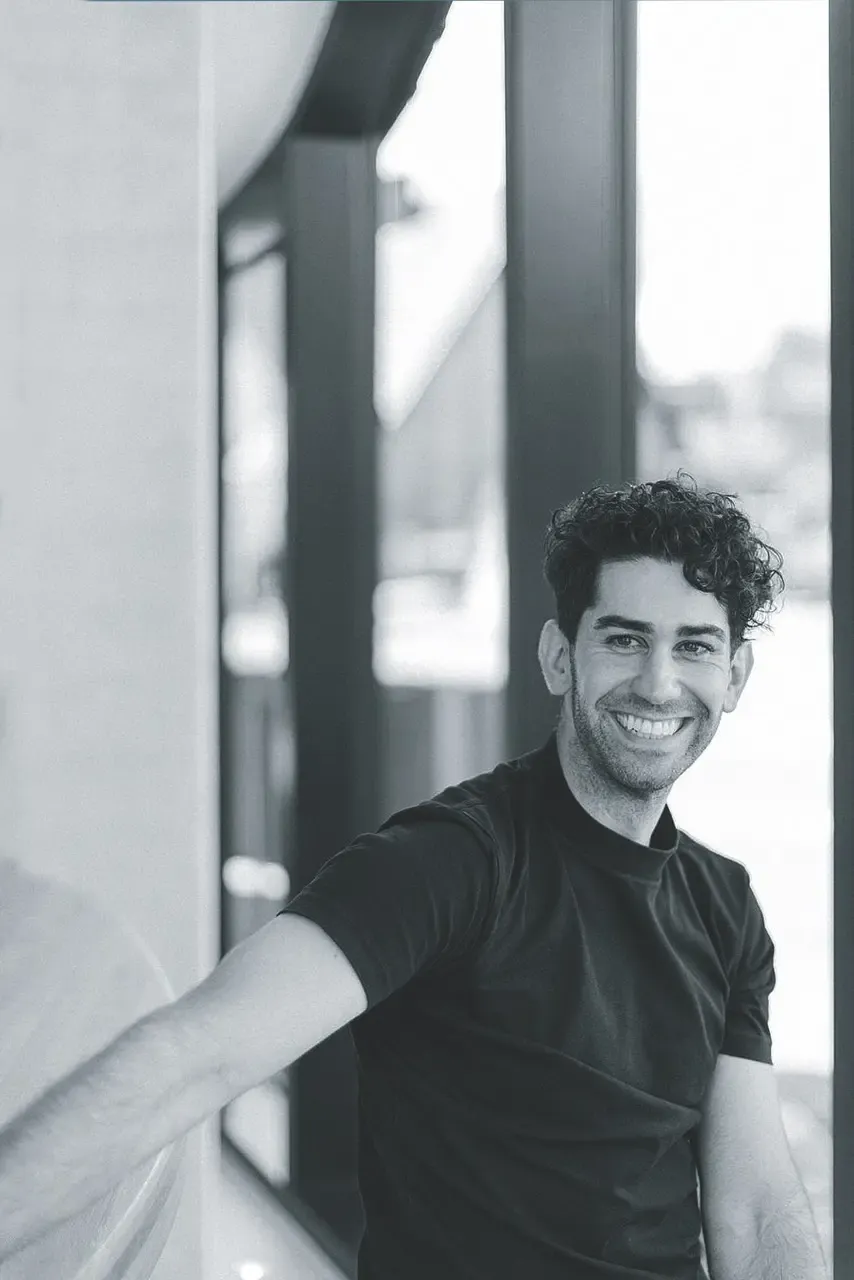Think pink! Good vibes only! It all depends on your attitude! When life gives you lemons, make lemonade! How many times have we heard that, said it ourselves, or hashtagged it? On Instagram alone, there are 164 million posts for "#goodvibes".
But honestly: Does everything always have to be turned into something good? Can't we just be in a bad mood? Or sad? And angry? Yes, we can - and instead of the rose-colored glasses, use the middle finger, gladly in pink. Some might ask: What's wrong with positive thinking? Especially since numerous studies confirm its effectiveness. And what's wrong with being optimistic? Nothing, of course.
Optimists are said to have a higher life expectancy. But forced optimism is not a panacea and can backfire badly. Hashtag: toxicpositivity.
What is toxic positivity?
In a pictorial sense: When positive thinking and optimism have a child that turns out completely different. Character trait: forced confidence. Fueled by a real movement of positive thinking and established not least by the pandemic, we're constantly offered pink cotton candy on social media, in coaching sessions, and self-help guides under the motto "You can't think negatively and expect positive outcomes."
Perhaps also a misguided effect of Positive Psychology, which intensifies the focus on the positive to create an emotional balance - because people instinctively concentrate more on the negative. Even if they're no fun, negative feelings definitely make sense - sometimes even a vital one.
They indicate that something is wrong, warn us, and urge us to act and change something. Being really angry sometimes feels damn alive. Negative thinking can even be used as a strategy by playing through a worst-case scenario.
Bad vibes allow us to learn and grow. Having to constantly show your best side, always pretending to be super upbeat, on the other hand, means regression.
For one thing, for the "courage-givers," whose appeasement strategy increasingly diminishes their ability to truly Empathy lost. Above all, though, for their 'victims.' For them, when everyone around them seems to be handling their issues with nonchalance, their own misfortune can feel doubly burdensome.



















